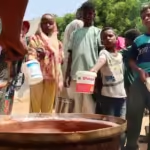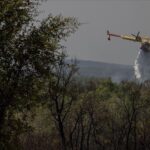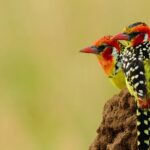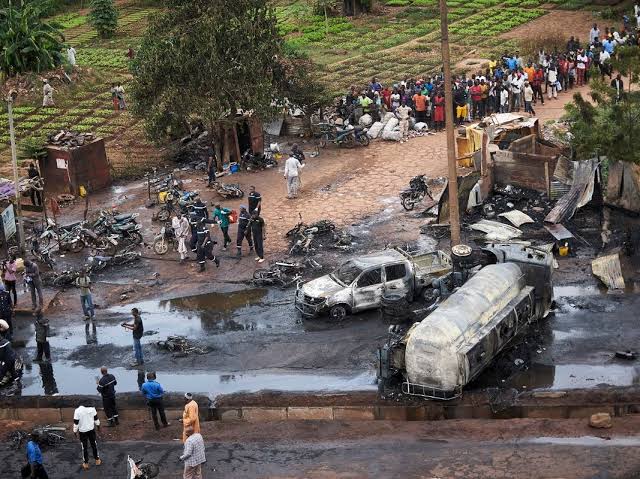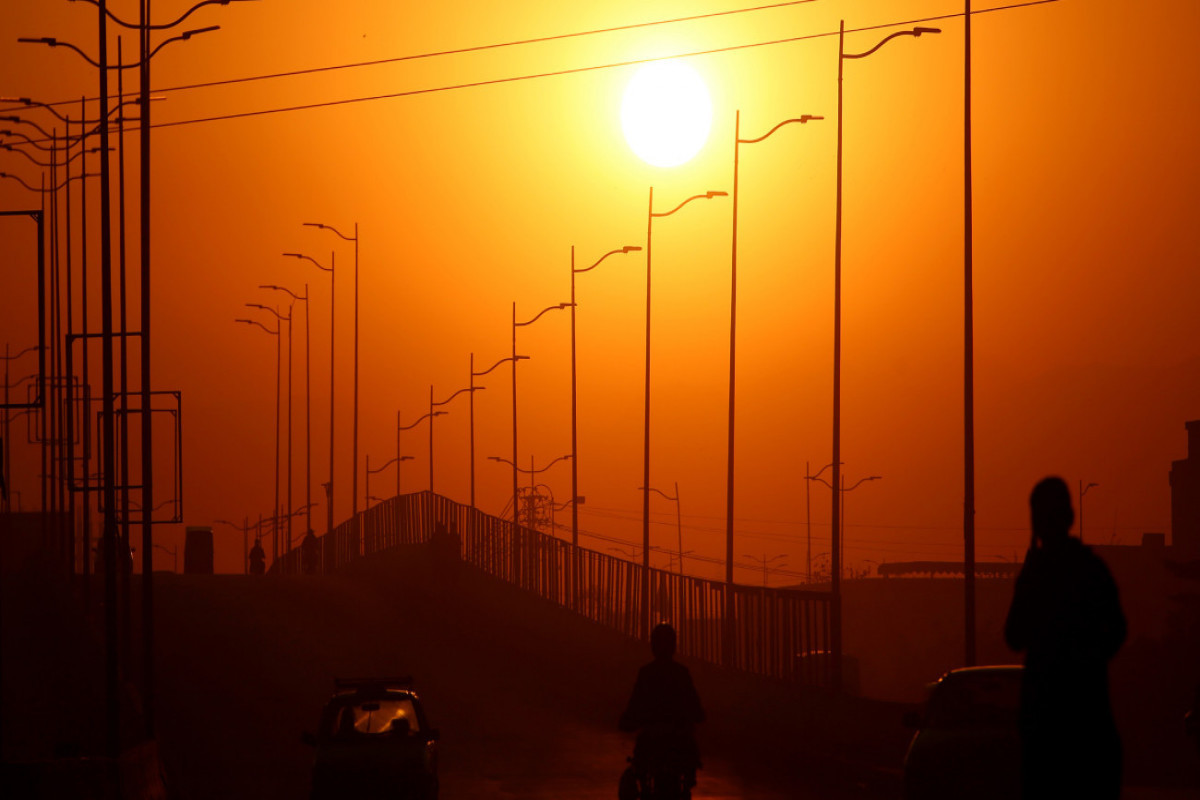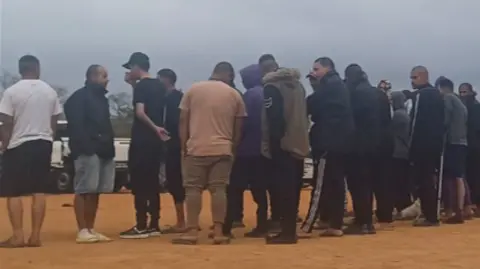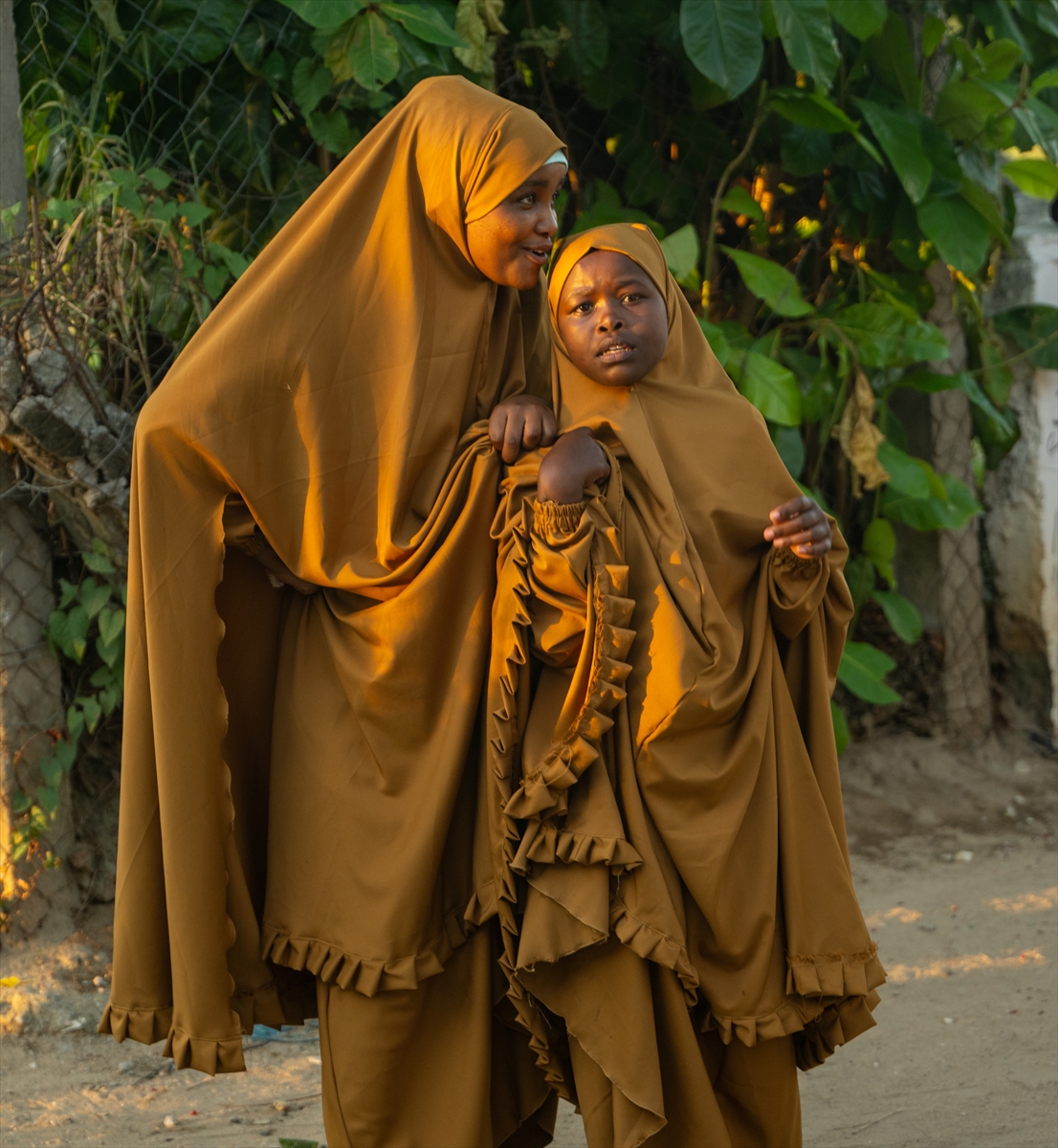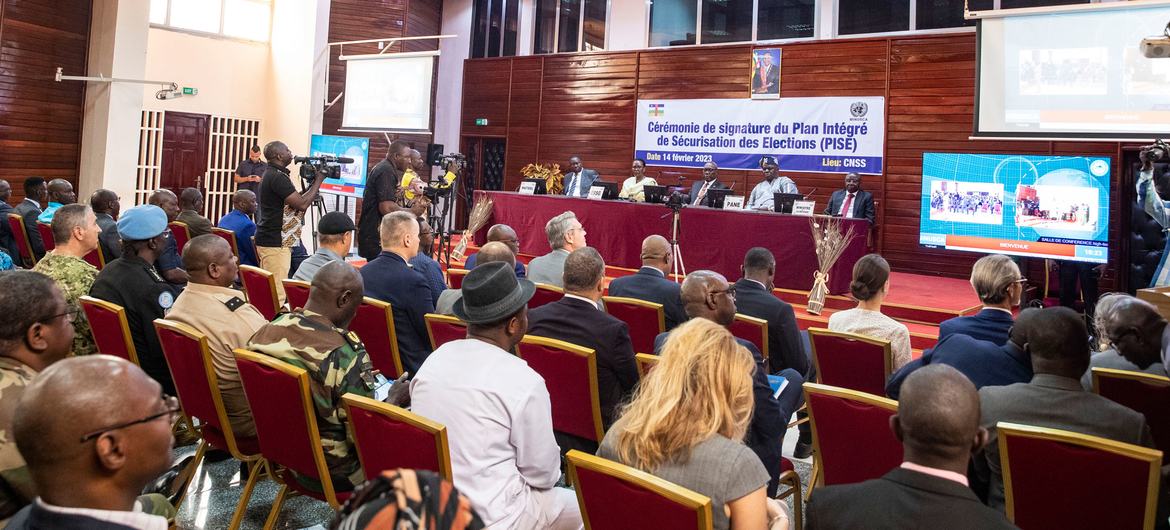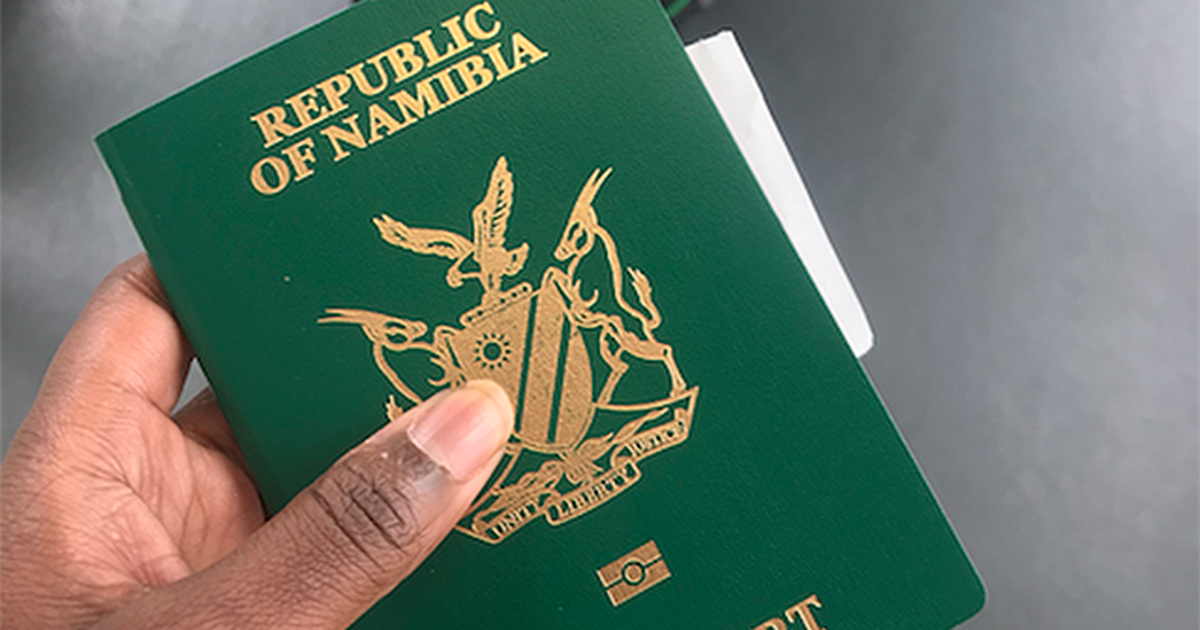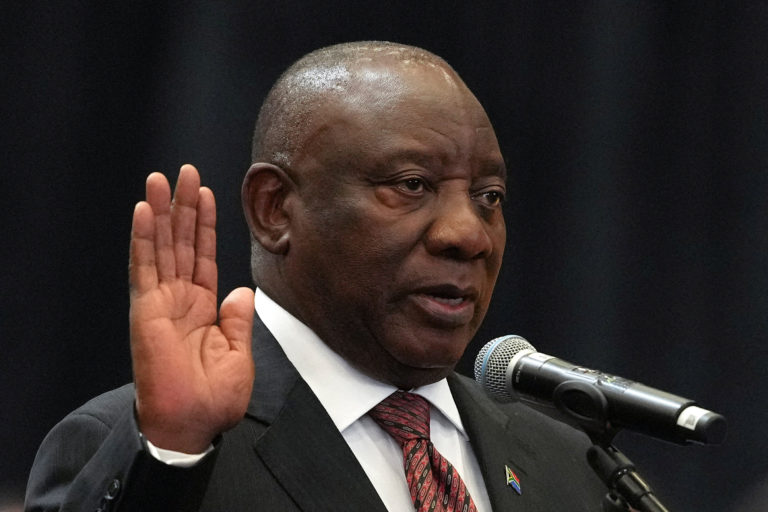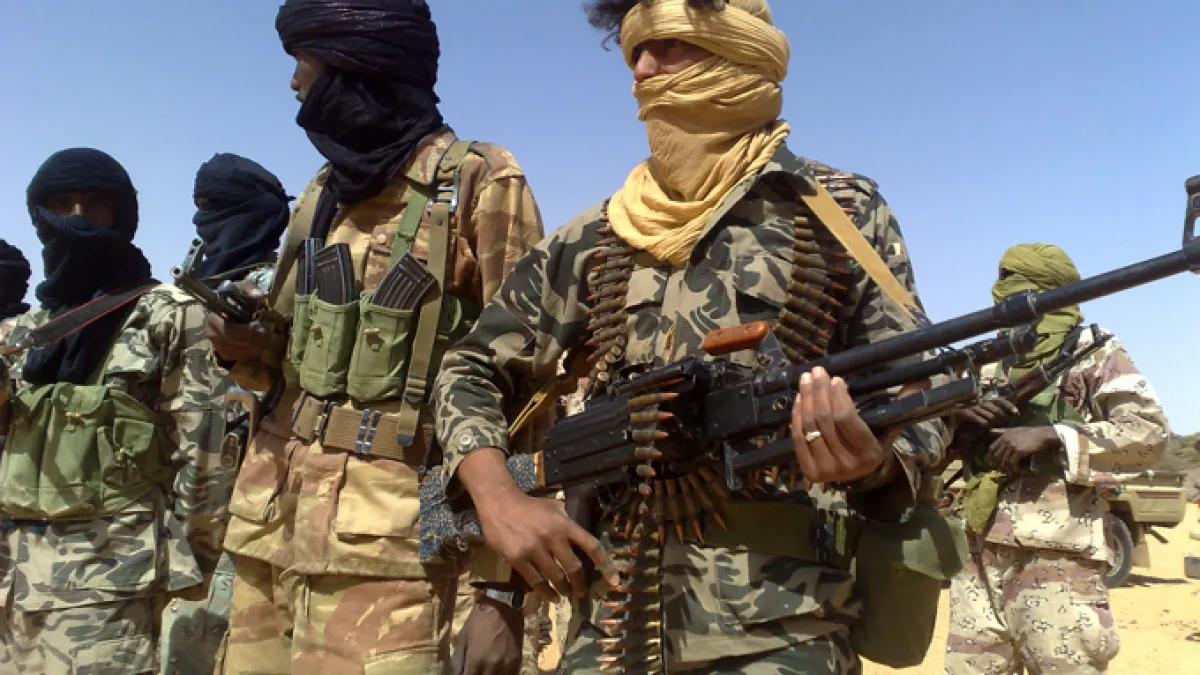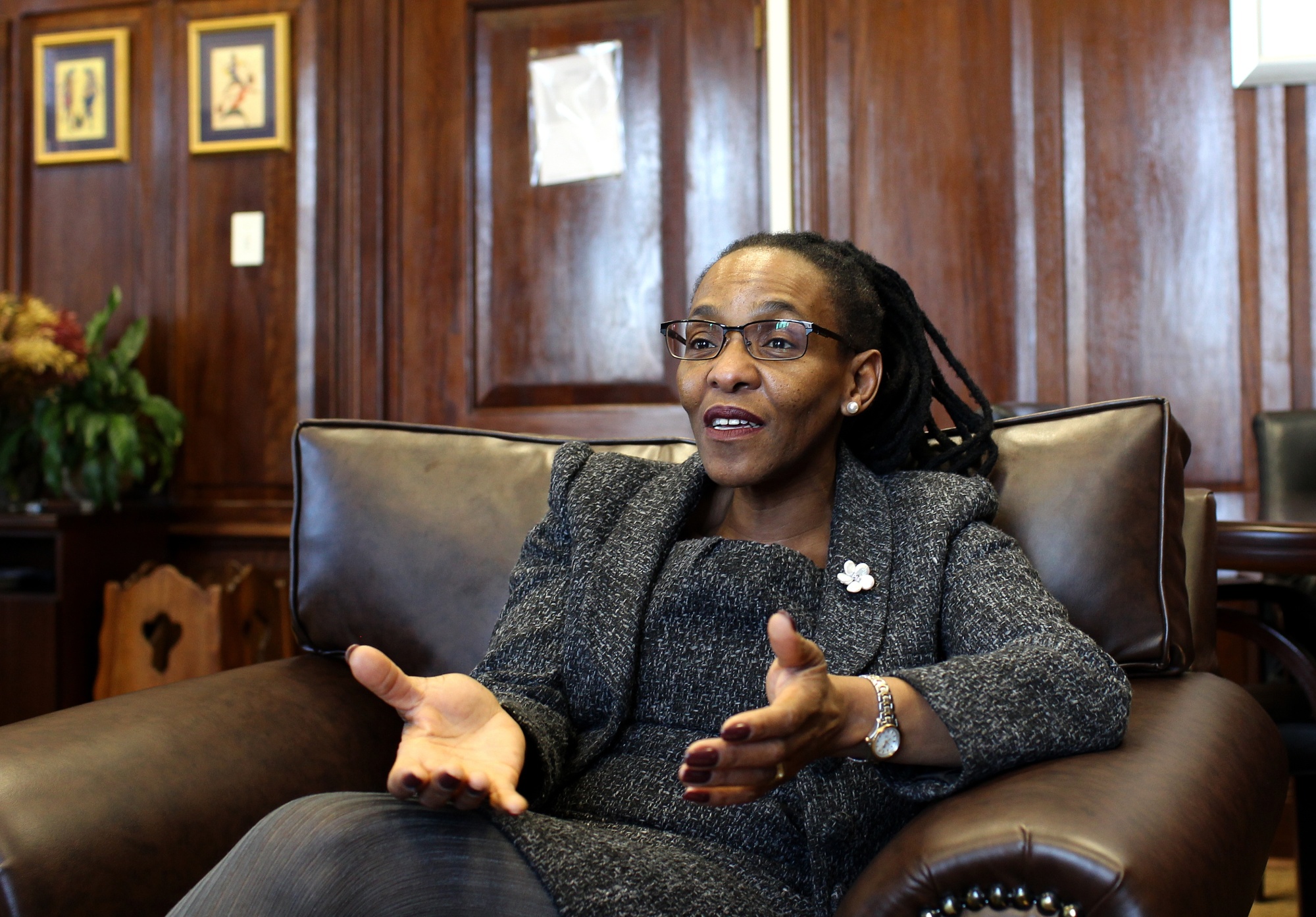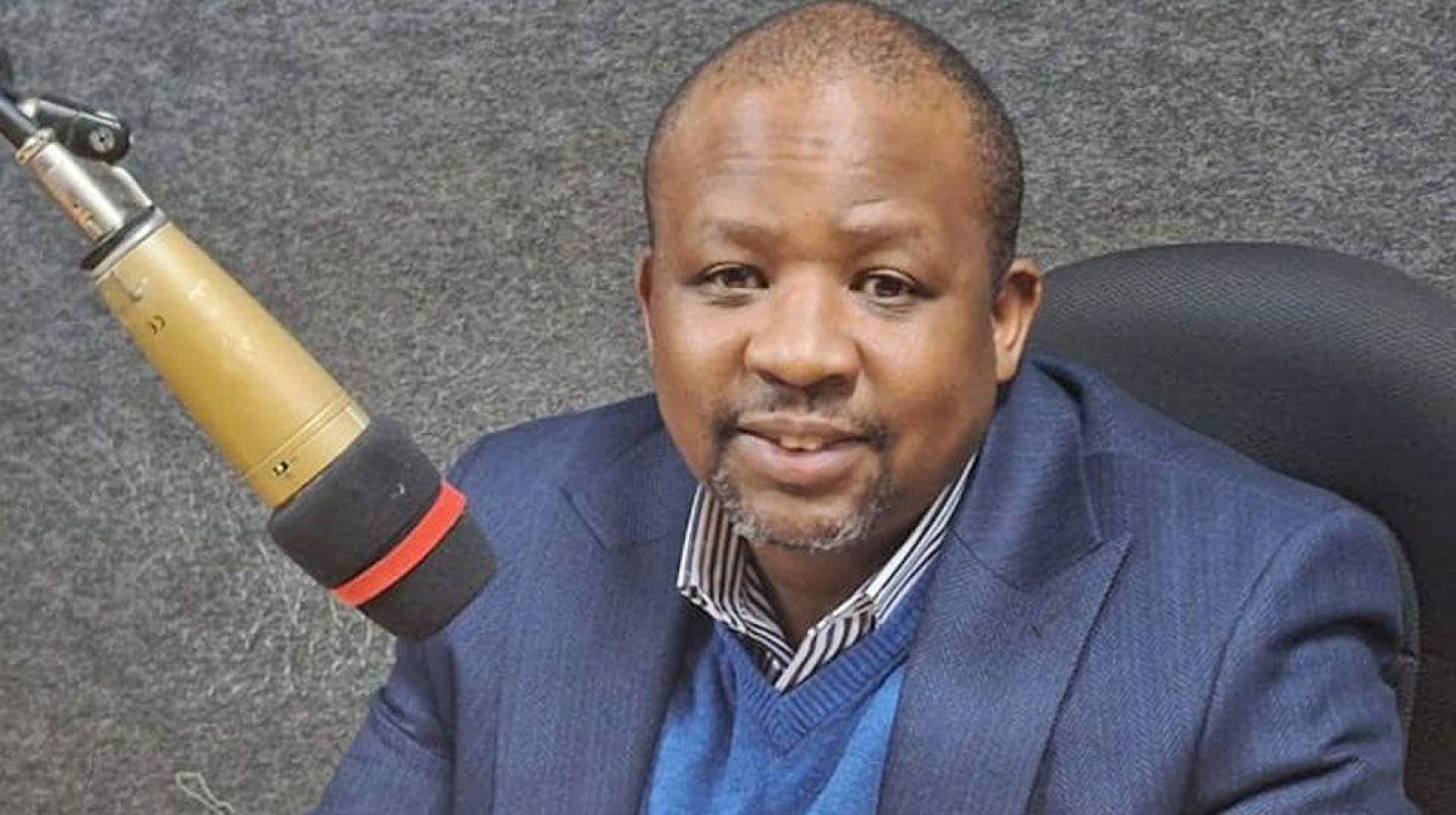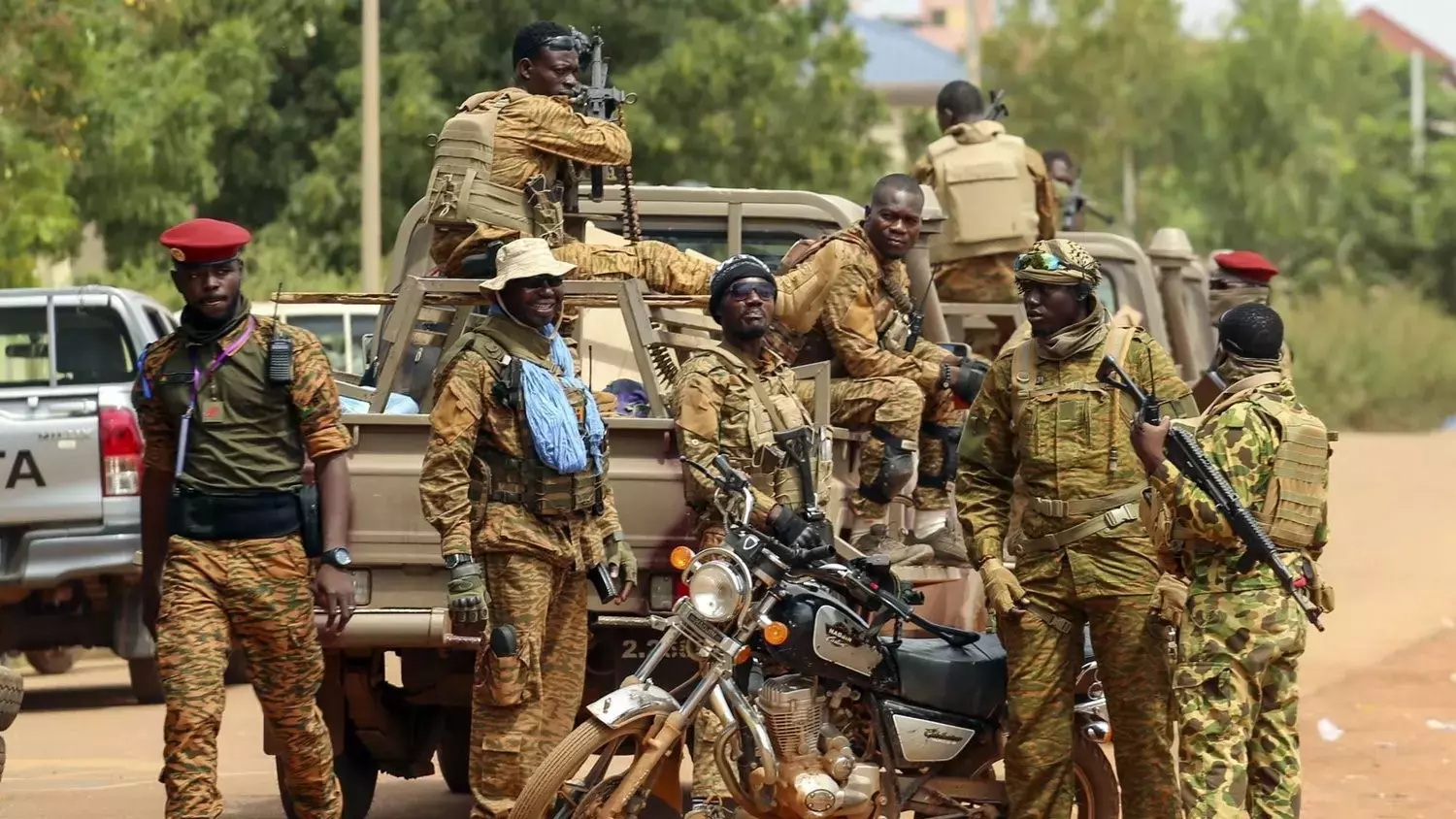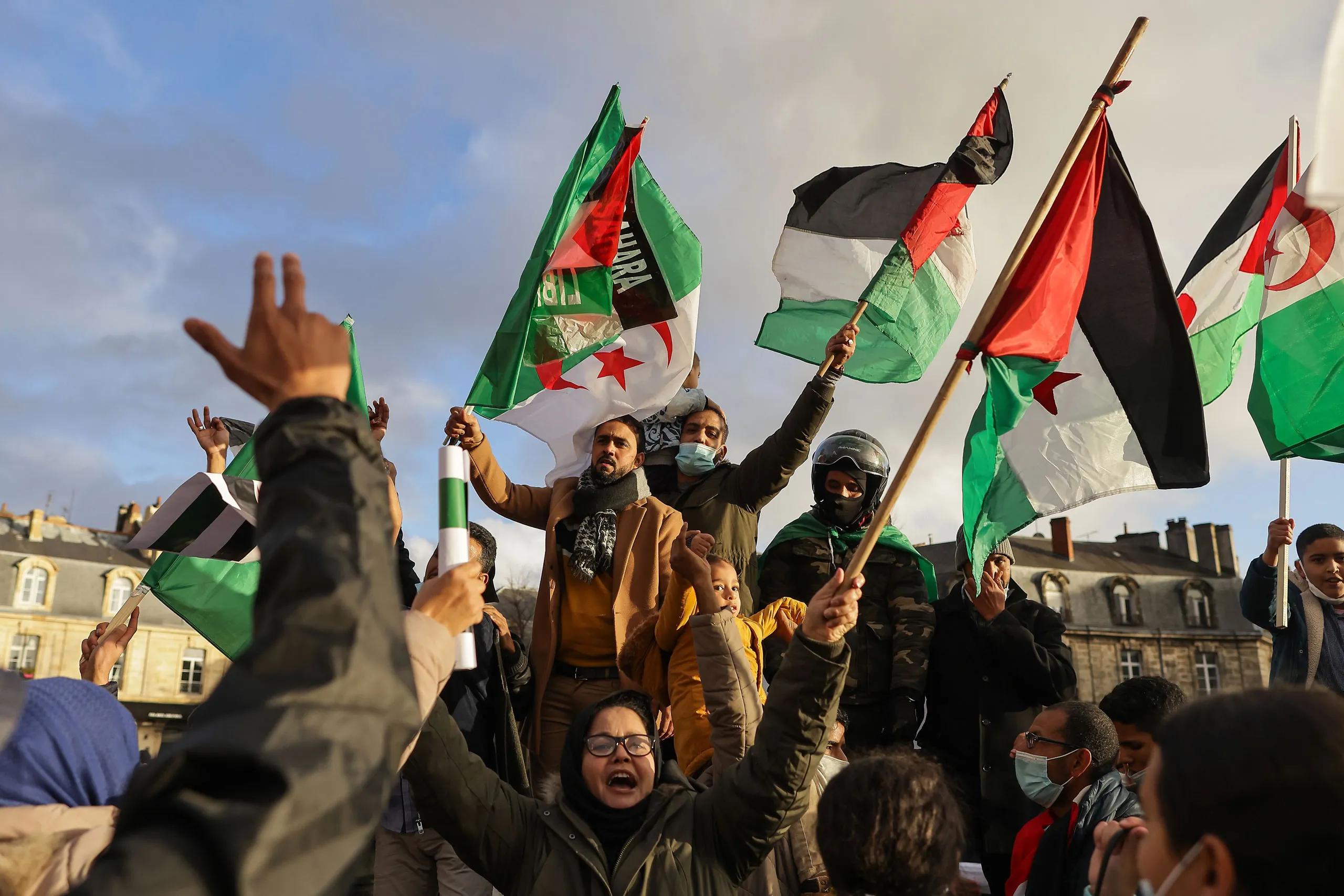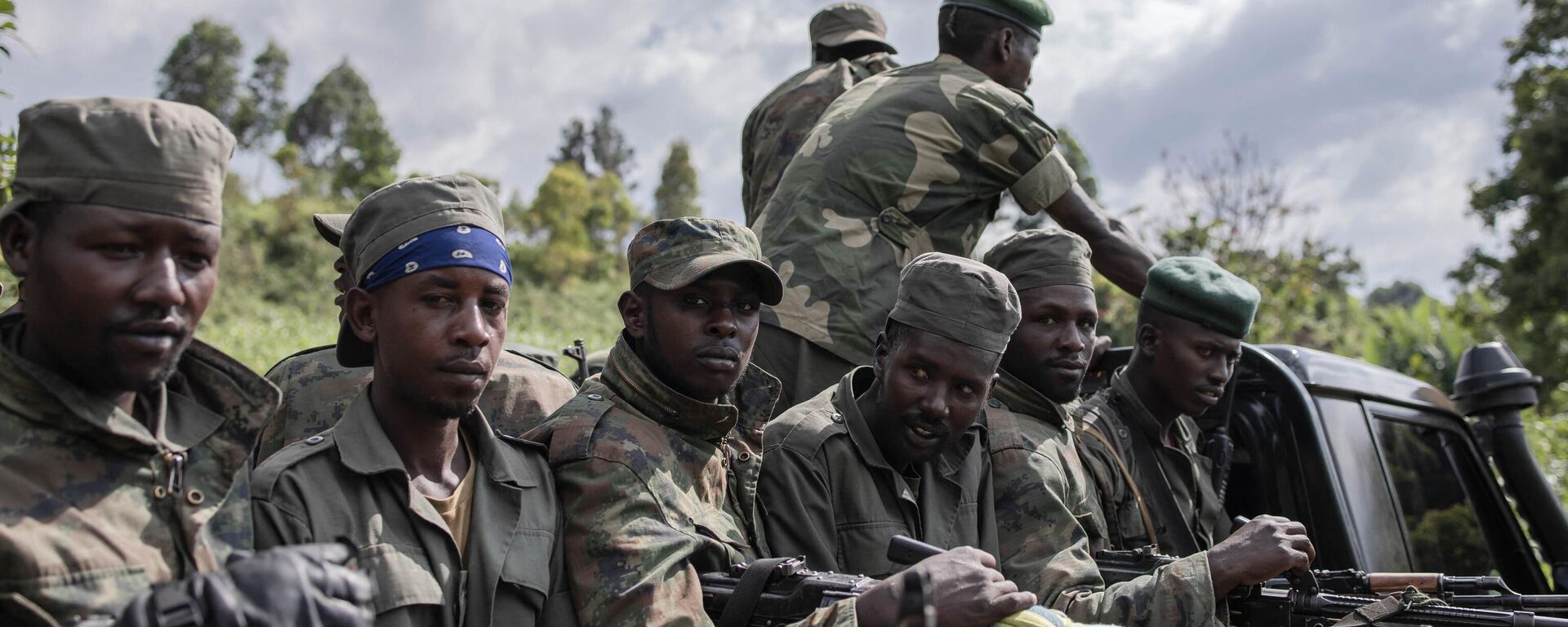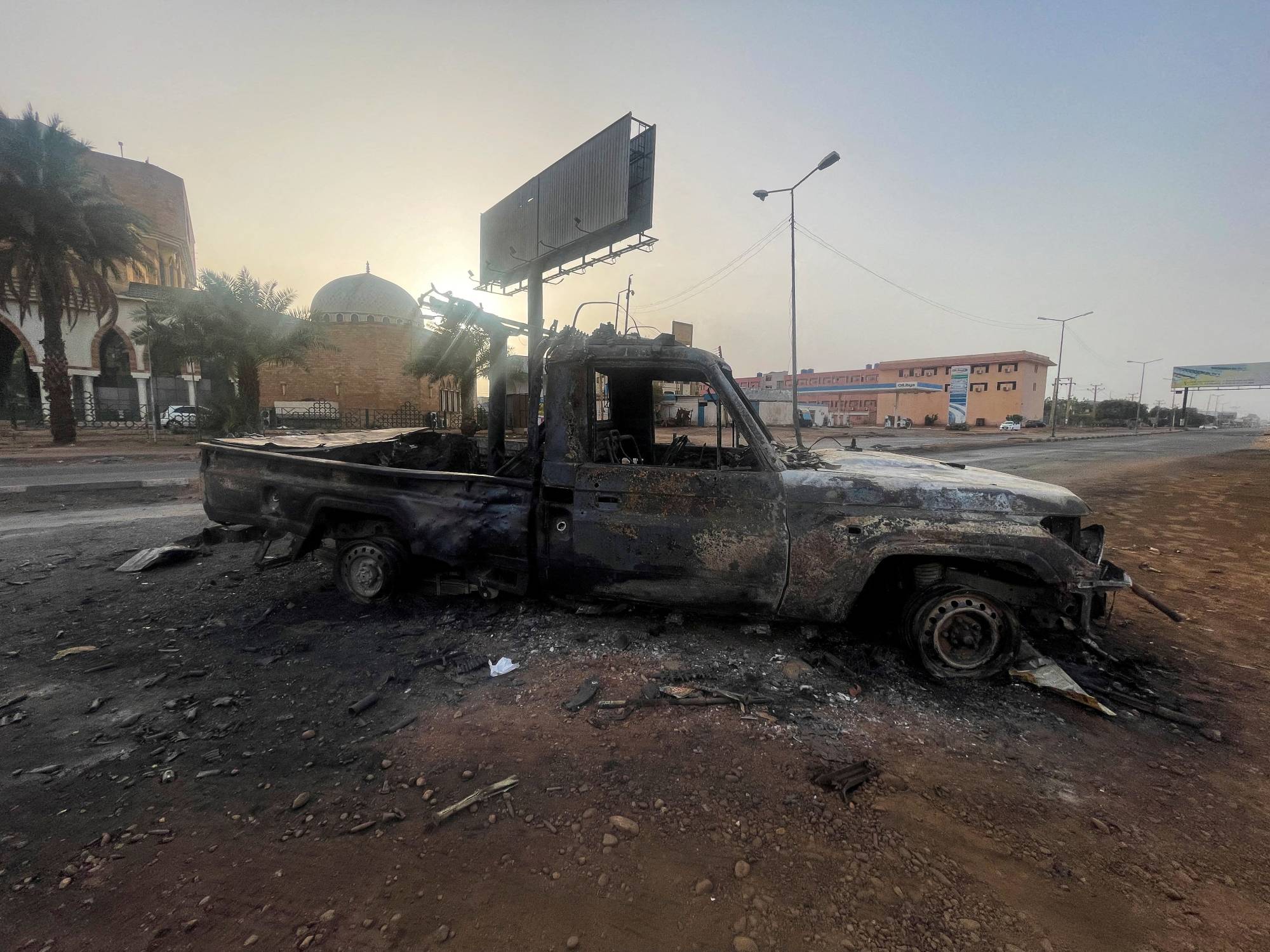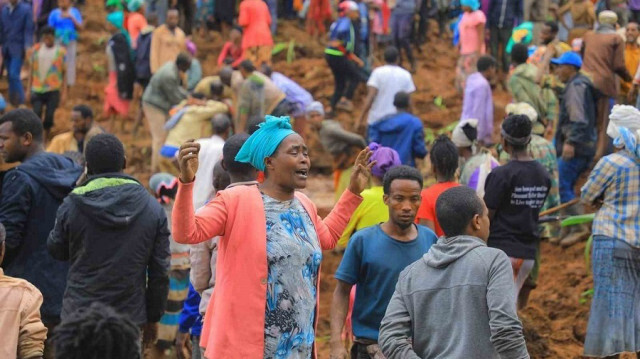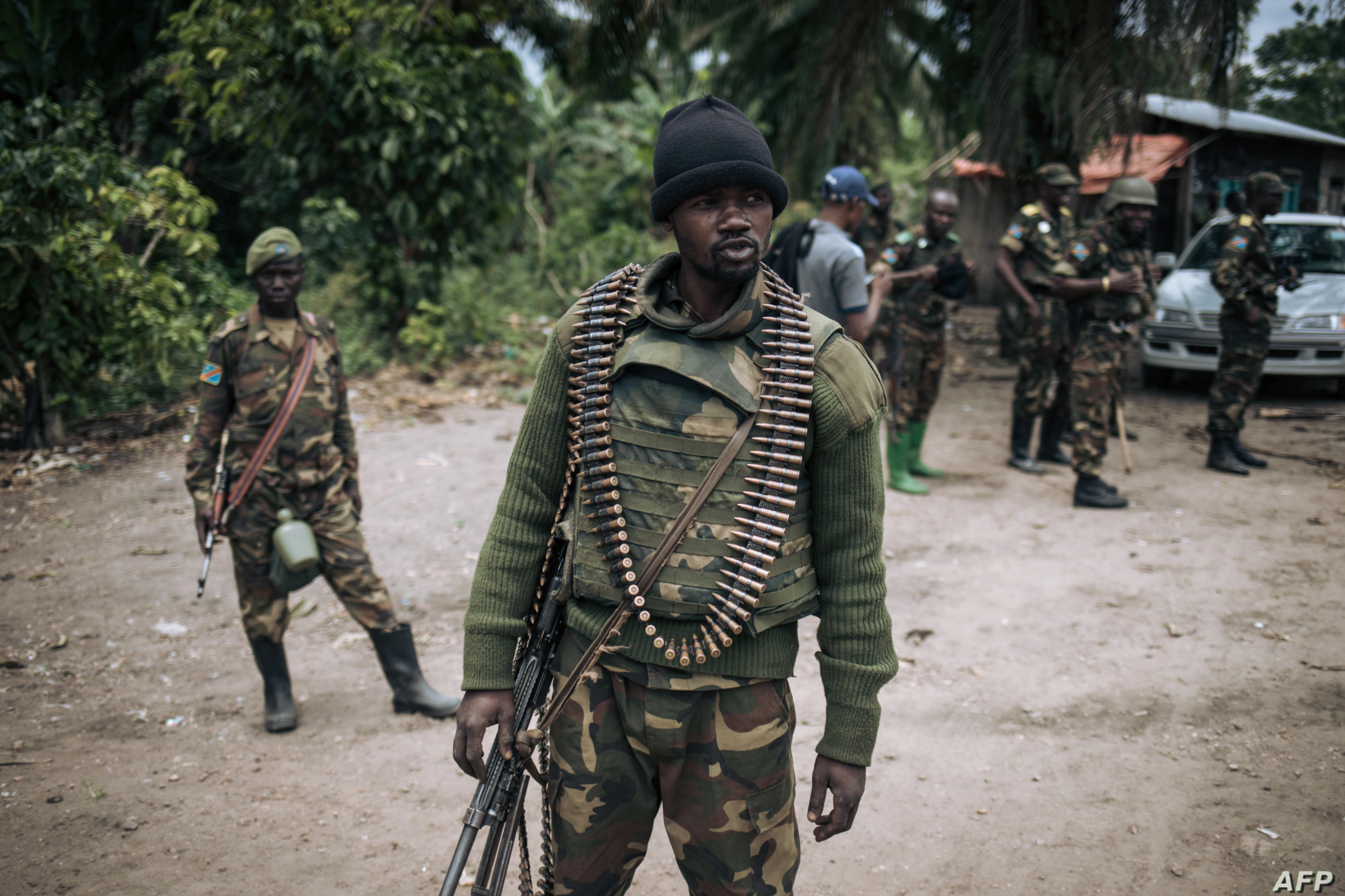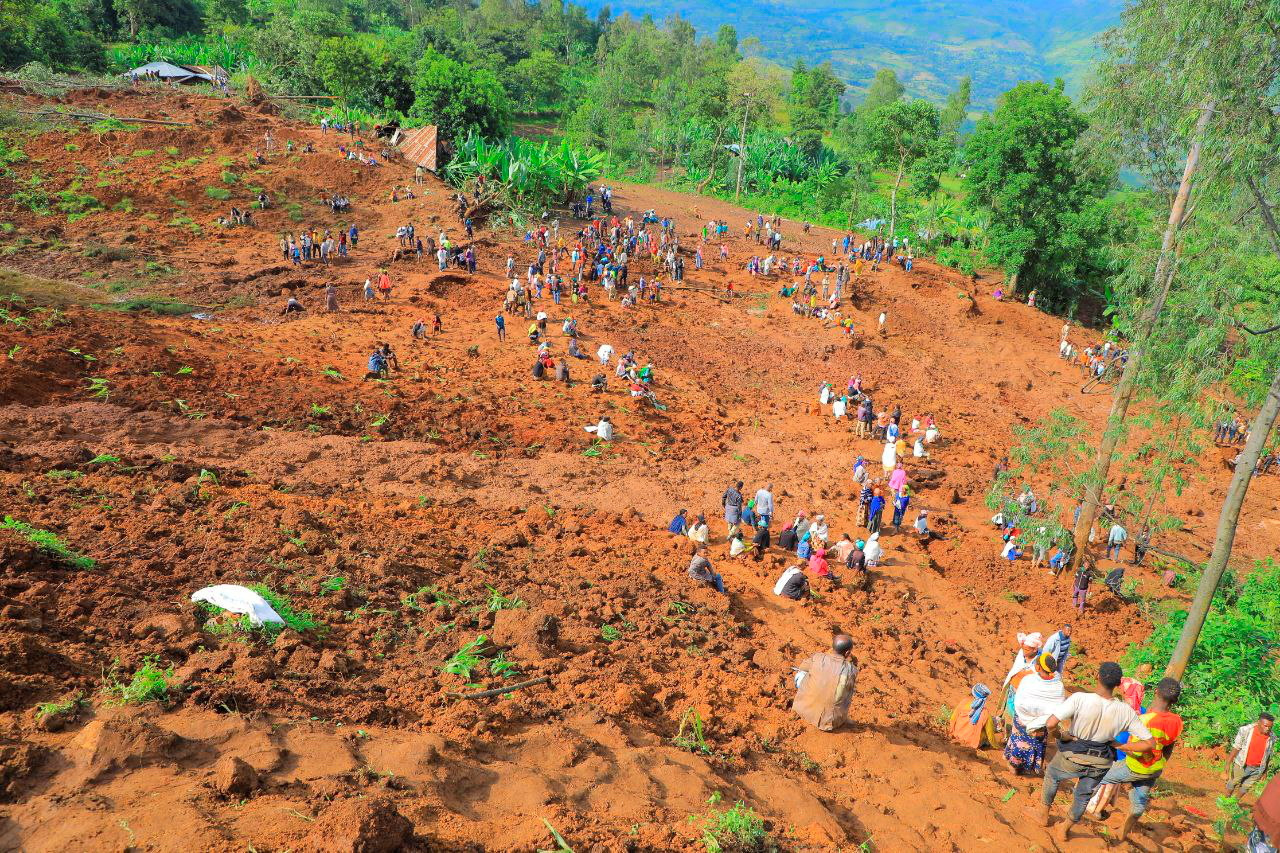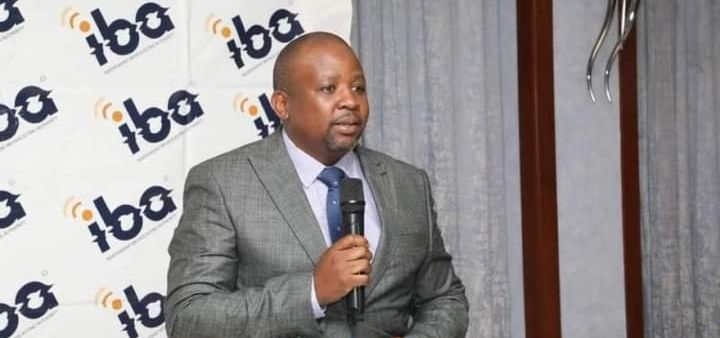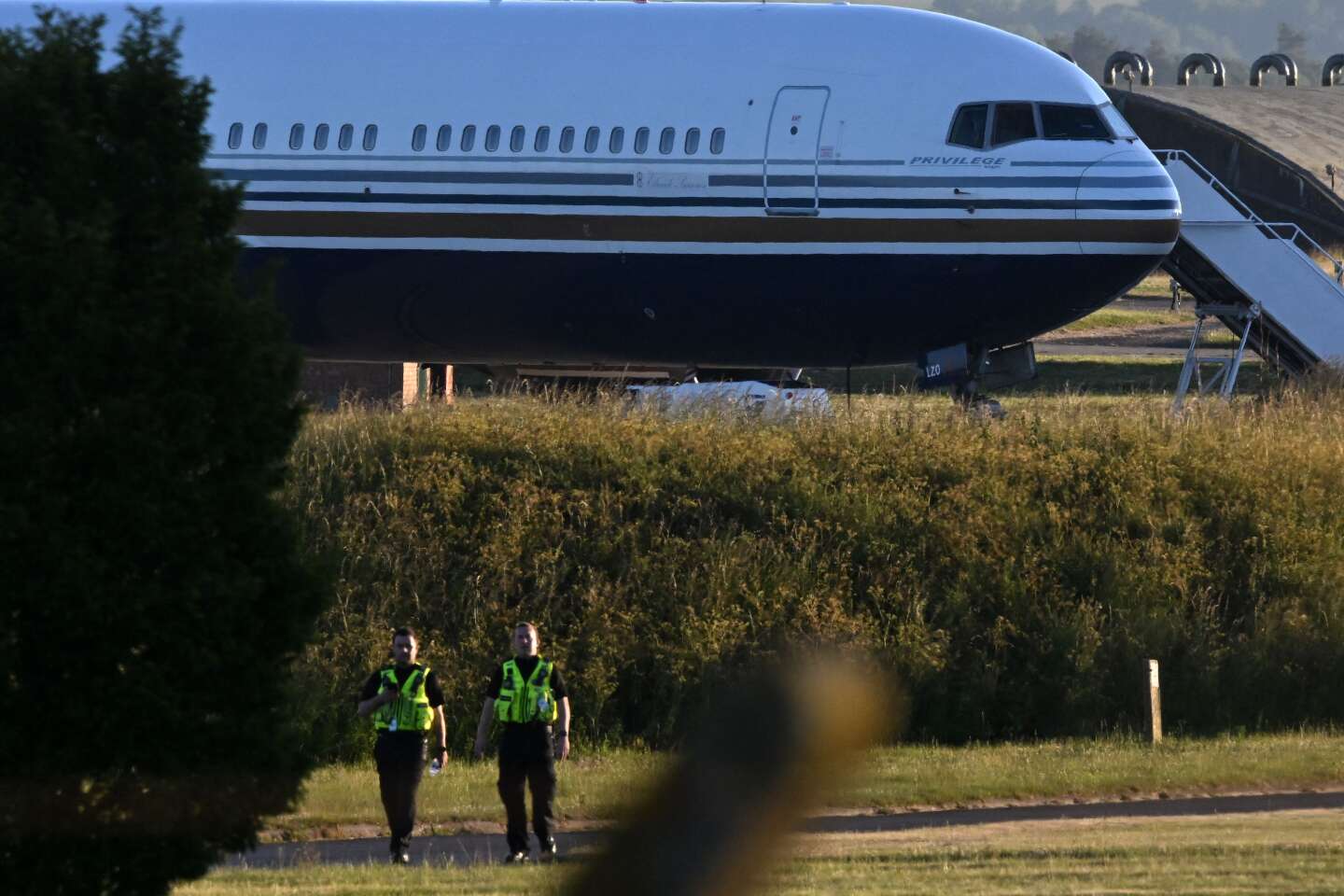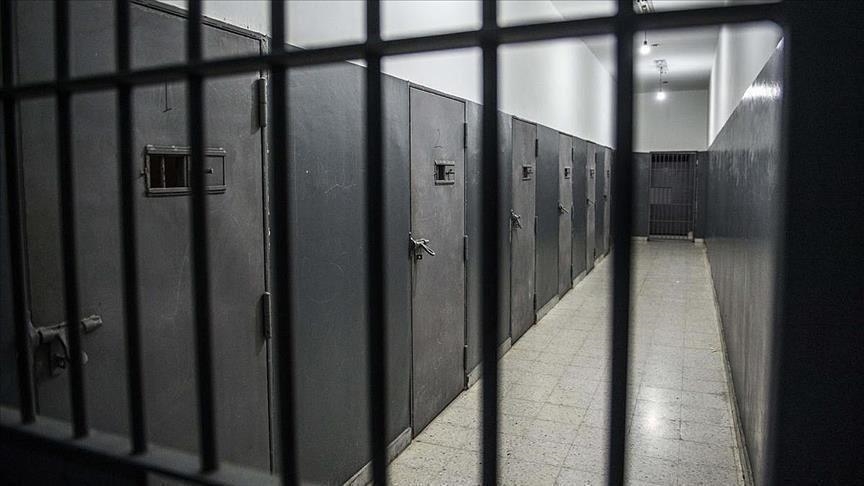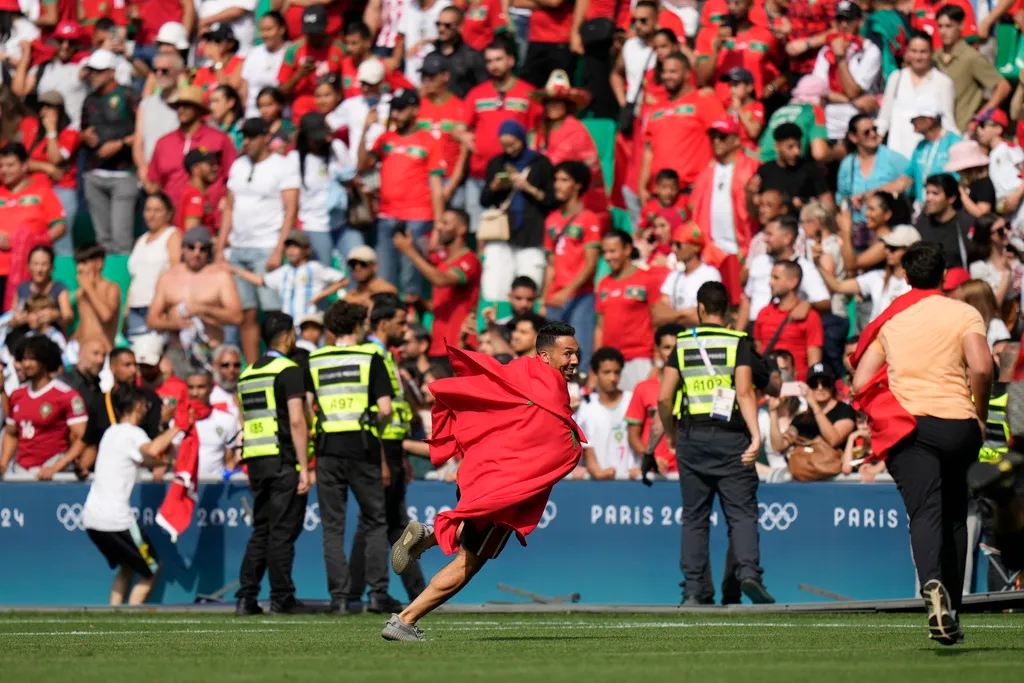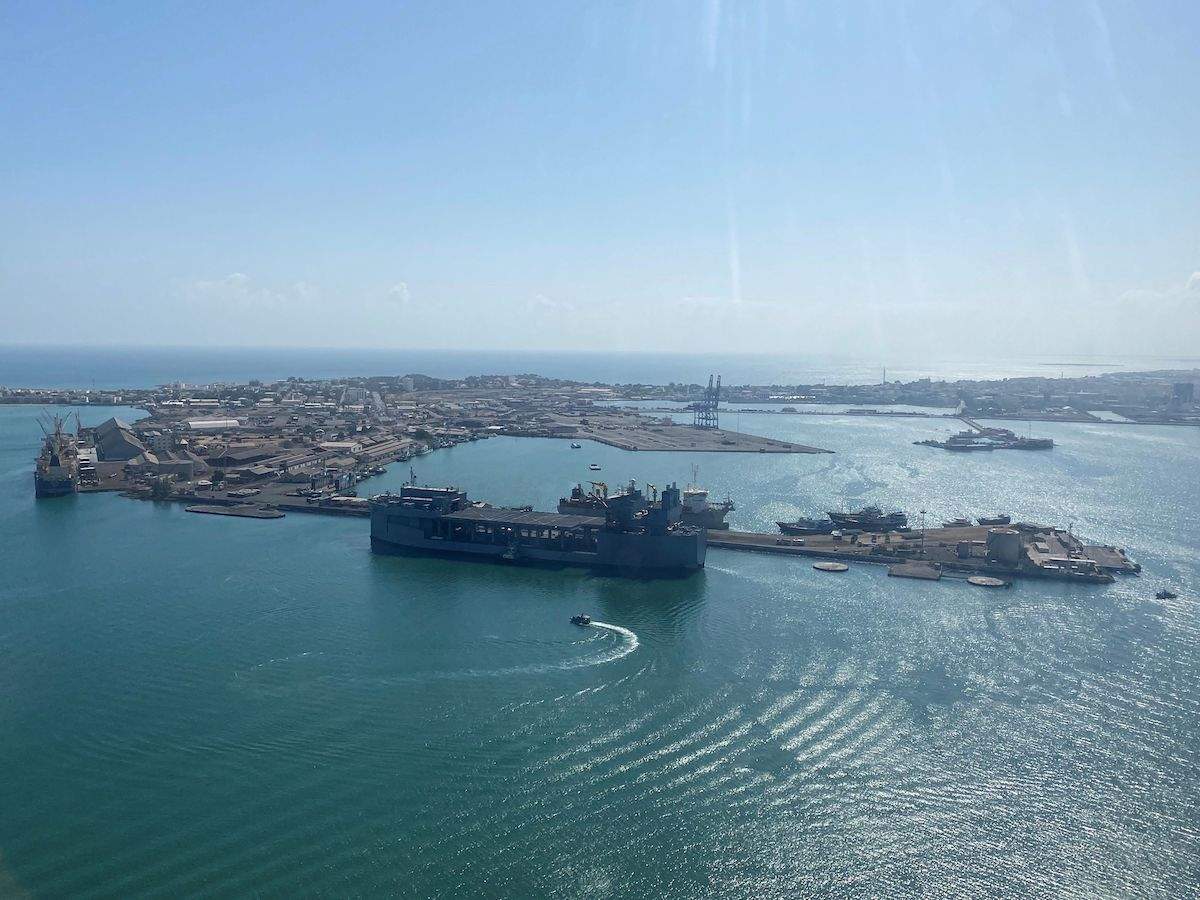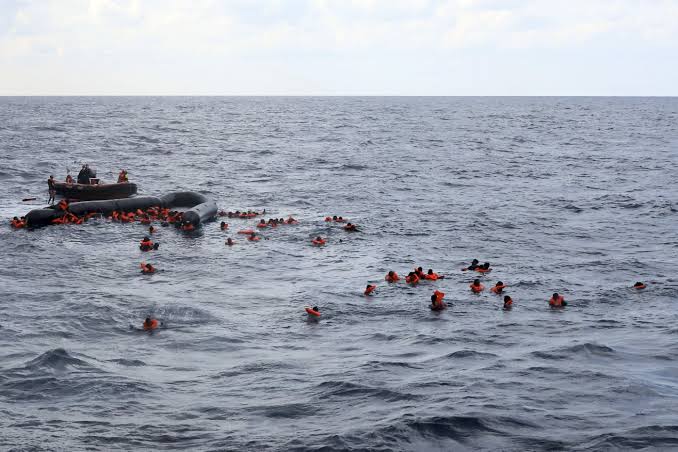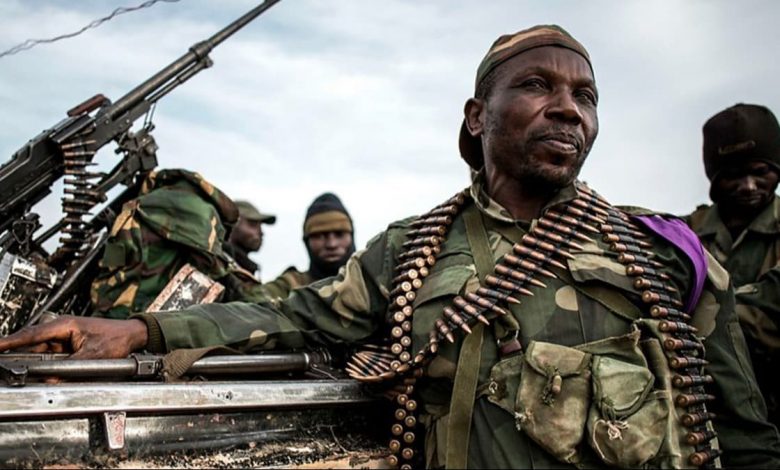Deadly bus collision kills 16 in Mali
A devastating bus accident in Mali claimed the lives of 16 people and injured 48, with six in critical condition.
Heat wave claims 21 lives in Morocco’s Beni Mellal
Of deceased, 17 were already receiving treatment at hospital, says Morocco’s Health Ministry
95 Libyans arrested at suspected secret military camp in South Africa
Libyan nationals detained in a South African holiday town amid allegations of immigration violations, suspected military training
Ethiopia: The birthplace of coffee
The beloved beverage enjoyed by millions around the world, has its roots deeply embedded in Ethiopia
Photo Gallery: Daily Life in Tanzania
Daily Life in Tanzania Daily life in Tanzania reflects the country’s cultural diversity and geographical differences. Here are some key points about daily life in Tanzania: Nature and Activities: Tanzania is renowned for its natural beauty. Outdoor activities such as safaris, mountain climbing (especially Mount Kilimanjaro), and beach activities are popular among both locals and tourists. Cultural Diversity: Tanzania is a rich mosaic of various ethnic groups. This diversity is evident in everything from food to music and clothing. Cuisine: Tanzanian cuisine typically includes maize, rice, sweet potatoes, bananas, and various meats and seafood. In the northern regions, especially Zanzibar, spices and seafood are prominent. Daily Life: In cities, people usually rise early and spend their days working, studying, or engaging in other activities. In rural areas, life tends to be more traditional and agriculture-based. Farming, particularly maize and coffee production, is a primary livelihood for many. Transportation: In cities and rural areas, public transportation options include buses, shared minivans, and motorcycle taxis (boda-boda). These are common for city commuting. Education and Health: Education and healthcare services are more developed in cities, while rural areas may have limited access. Education is provided through both public and private schools. Healthcare services are offered by public hospitals and private clinics. Social Life: Tanzanians are social and hospitable. Family events, community celebrations, and religious ceremonies are integral parts of daily life. Religious festivals, particularly among Christians and Muslims, are widely celebrated. Markets: In cities and villages, markets are popular places to buy fresh fruits, vegetables, food items, and other goods. Markets also serve as important social hubs. Clothing: Clothing styles vary depending on the region and culture. In cities, modern and Western-style clothing is common, while traditional attire is more prevalent in rural areas. Climate and Lifestyle: Due to the tropical climate, daily life is often adjusted to warm and humid conditions. The dry and rainy seasons significantly influence lifestyle.
The UN is sending a short mission to aid in CAR’s local election
Preparations are underway in the Central African Republic for local elections in October, the first in over 36 years. MINUSCA, the UN peacekeeping mission, is playing a crucial role in this process. According to spokesperson Florence Marchal, MINUSCA will support the review of the electoral register by deploying 104 tonnes of equipment and transporting 384 people. The mission is also providing $1.3 million for electoral roll revision and advocating for additional resources and the participation of women and youth. In addition to logistical support, MINUSCA’s involvement includes political efforts to ensure an inclusive and peaceful electoral process. The mission is collaborating with national forces to develop an election security plan and aims to register around 800,000 new voters from a total of 2 million, updating the roll since its last revision in 2020. This effort aligns with the 2019 Political Agreement for Peace and Reconciliation, which seeks to decentralize the peace process.
Namibia imposes visa on 33 countries, including USA and UK
The South African country of Namibia has introduced visa requirements for citizens of 33 countries, including the USA, UK, and EU member states. Namibia’s Deputy Minister of Home Affairs, Lucia Witbooi, announced that from April 1, 2025, citizens of 33 countries—including the USA, Germany, the UK, France, Italy, Canada, Austria, Ireland, Australia, Japan, the Netherlands, Brazil, and Azerbaijan—will need a visa to enter Namibia. Witbooi explained that the visa requirement was being implemented because many countries that Namibia had granted visa-free access to for 33 years had not reciprocated, though the reasons for this were unclear. The decision has been met with backlash from representatives of Namibia’s tourism sector, which is a major source of income for the country. Namibia, known for its natural attractions like the Namib Desert and Etosha National Park, is predominantly visited by tourists from Western countries. Currently, Turkey and Namibia also have reciprocal visa requirements. With the new regulation, the visa application fee will increase from $65 to $86, based on the current exchange rate of the Namibian dollar.
WHO calls for urgent action to reduce alcohol consumption in Europe
Lorem ipsum dolor sit amet, consectetur adipiscing elit, sed do eiusmod tempor incididunt ut labore et dolore magna aliqua. Ut enim ad minim veniam, quis nostrud exercitation ullamco laboris nisi ut aliquip ex ea commodo consequat. Duis aute irure dolor in reprehenderit in voluptate velit esse cillum dolore eu fugiat nulla pariatur. Excepteur sint occaecat cupidatat non proident, sunt in culpa qui officia The World Health Organization (WHO) has issued an urgent call to action to halt the rising trend of alcohol consumption in Europe, which is among the highest in the world. The WHO published a report on alcohol consumption in Europe, revealing that it leads to almost 800,000 deaths annually, making it one of the leading causes of death in the region. Every day, 2,200 people in Europe die from alcohol-related causes, accounting for nearly 9% of all deaths in the region. Alcohol consumption significantly impacts domestic violence, accidents and mental health issues. Despite this, many people are unaware of the dangers associated with alcohol use. Despite the health risks, Europeans top the global list with an average annual alcohol consumption of 9.2 liters. According to the latest WHO data, men drink about four times more than women. In Europe, two out of three adults consume alcohol, and one in 10 adults is considered an alcoholic. Doctors say that alcohol consumption can lead to cardiovascular diseases, cancer and liver cirrhosis. But there has been no reduction in alcohol consumption in European Union countries for over a decade. The report also notes that countries like Russia, Ukraine and Türkiye have achieved the WHO’s alcohol reduction targets by increasing taxes on alcohol and reducing its accessibility. mollit anim id est laborum.
South Africa: DA wants ANC punished for Ramaphosa speech
South Africa’s Democratic Alliance took the African National Congress, the party it co-governs the country with, to court Thursday over a preelection speech in May given by President Cyril Ramaphosa. It’s an early sign of friction between the new coalition partners. The court papers were submitted to the Electoral Court by the DA in May before it entered into a coalition with the ANC, but it decided to still go ahead with the case. The DA asked the court to deduct 1% of the vote received by the ANC in the May 29 national election and fine Ramaphosa, the ANC leader, $10,900 and his party $5,450, over what it argues was a presidential address that was used for election campaigning and amounted to an abuse of office. The ANC responded Thursday by calling the DA’s legal action “frivolous and unwarranted” and said the president was following the constitution when he made the speech. Ramaphosa gave the speech three days before the election in his capacity as head of state, but used parts of it to highlight what he said were ANC successes during its 30-year rule as South Africa’s governing party. The DA said that election rules don’t allow him to engage in party politics and campaign for the ANC when he speaks as the president. The ANC lost its long-held majority in the historic election when it received just 40% of the vote. That forced it to create a coalition government for the first time to run Africa’s most industrialized country. The DA — the second biggest party with 21% of the vote — is one of seven parties represented in Ramaphosa’s Cabinet despite previously being the ANC’s fiercest critic. The coalition, referred to as a “government of national unity,” created a new political landscape for South Africa after the ANC had governed since the end of the apartheid system of white minority rule in 1994. The election was the first time in South Africa’s young democracy that more people voted for other parties, stripping the organization once led by Nelson Mandela of its dominance. The left-leaning ANC and the centrist DA are the key parties in the coalition but them working together was seen as unlikely given their stark ideological differences and history of opposition to each other. They have largely managed to project a sense of unity over the last month since the coalition was agreed.
Mali, Russian fighters clash with separatists near Algeria border
Fighting erupted near the Algeria border as Mali troops and Wagner mercenaries clashed with separatist rebels.
Mandisa Maya becomes South Africa’s first female chief justice
Mandisa Maya has created history by becoming the first woman to be appointed Chief Justice of South Africa.
Digital technology revolutionizes logistics in Africa
The logistics industry in Africa is undergoing a profound transformation
Media group demand investigation of slain Zimbabwean journo
Zambian media is in mourning after the brutal murder of IBA head Guntilla Muleya.
Burkina military disavows soldiers in disturbing social media clip
The Burkina Faso military has denied involvement in a disturbing video circulating online that depicts soldiers mutilating a civilian.
Algeria threatens action after France backs Morocco’s Sahara claim
Algeria expressed deep regret and strong condemnation over France’s recognition of Morocco’s autonomy plan for Western Sahara.
M23 leader among those targeted in new US sanctions
The United States has imposed sanctions on the Congo River Alliance, a rebel group accused of fueling conflict and seeking to overthrow the government.
Sudan’s RSF captures Suki, declares victory over Burhan-led army
The Rapid Support Forces announced the capture of Suki in Sennar State after defeating Burhan-controlled forces and allied militias.
UN warns Ethiopia landslide death toll could reach 500
Monday landslides in southern Ethiopia have killed 257 and left over 15,000 people in urgent need of evacuation, says OCHA
ADF kills 20 farmers in eastern DR Congo
Militants from the Allied Democratic Forces (ADF) killed at least 20 civilians while they were working in their fields in eastern DR Congo.
Ethiopia reels from landslides, death toll tops 250
Heavy rains in southern Ethiopia triggered landslides that have killed at least 257 people, with the death toll expected to reach 500.
Head of Zambia’s Independent Broadcasting Authority found dead
The head of Zambia’s Independent Broadcasting Authority (IBA), who had gone missing the day before, was discovered dead on Wednesday with two bullet wounds in the head and back. The government has ordered police to conduct a prompt investigation into the death of Guntila Muleya, for whom the family started searching on Tuesday after he failed to return to his home. “The government has asked the police to quickly and thoroughly investigate the circumstances surrounding this unfortunate death,” Thabo Kawana, the permanent secretary in the Ministry of Information and Media, told reporters in the capital Lusaka. Muleya’s family became concerned on Tuesday night, around 9:00 p.m. local time, when he did not return home, and they began looking for him, Kawana said. “His body was discovered later today (Wednesday) in the Njolwe area with two gunshot wounds,” he said. Separately, Zambia police spokesman Rae Hamoonga said at around 10:30 a.m. local time, police received a phone call from a concerned member of the public in the Njolwe area on Lusaka’s outskirts, who reported that during the night of Tuesday at around 20:00 hours, he saw a jeep with its doors open and then heard two gunshots. “This morning (Wednesday) at approximately 10:00 a.m., on his way to work, he (the caller) discovered the body of a deceased on the ground with two bullet wounds on the back and head. “A closer examination revealed a deep bullet wound in the forehead. Two bullet cartridges were recovered at the scene,” Hamoonga explained. He said a murder case has been registered, and that investigations are currently underway.
New Home Secretary condemns failed Rwanda migrant scheme
The UK’s new Home Secretary denounced a failed proposal by former Prime Minister Rishi Sunak to relocate migrants to Rwanda, labeling it a “shocking waste of taxpayer money” amounting to £700 million ($904 million). Keir Starmer, who took office this month following Sunak, promptly terminated the controversial plan. Sunak’s effort, dubbed “stopping the boats,” aimed to curb asylum-seekers crossing the English Channel from France but faced legal challenges and criticism from human rights groups. Home Secretary Yvette Cooper highlighted costs including £290 million paid to Rwanda, expenses for unused charter flights, the detention and subsequent release of hundreds of individuals, and funding for more than a thousand civil servants involved in the initiative. She informed lawmakers that the previous administration had allocated over £10 billion of taxpayers’ money to the project without parliamentary approval. The Rwandan government stated it bore no responsibility to reimburse the disputed funds. The Home Secretary underscored ongoing concerns about dangerous small boat crossings, expected to persist through the summer. She stressed the necessity for enhanced measures against human trafficking but did not provide specifics. Official figures disclosed that nearly 1,500 migrants arrived in the UK via small boats across the English Channel in a single week. Tragically, two individuals lost their lives during rescue operations off the northern French coast. Sunak’s strategy aimed to address the rising global trend of migrants, peaking at 46,000 in 2022, undertaking perilous journeys across the English Channel. The government argued these migrants should not be classified as genuine refugees since they did not seek asylum in the first safe country they reached. In 2022, the UK reached an agreement with Rwanda to transfer migrants who arrived as stowaways or by boat to the East African nation for asylum processing. Critics, including human rights groups, criticized the plan as impractical and unethical, particularly due to the geographical distance involved. Despite legal challenges in UK courts, no deportation flights to Rwanda were conducted. Only four individuals voluntarily relocated to Rwanda, as confirmed by Cooper. In November, the UK Supreme Court ruled the policy illegal, stating Rwanda was not a safe third country for migrant transfers. The justices unanimously agreed that sending claimants to Rwanda could expose them to the risk of mistreatment and potential deportation to their countries of origin.
300 members of Boko Haram on trial in Nigeria
The mass trial of 300 captured members of the Boko Haram terrorist group has begun in Nigeria. Michael Abu, Director of Strategic Communications and Head of the National Counter-Terrorism Center, shared updates on the judicial process Wednesday. Abu confirmed that the trial adheres to international criminal justice standards and is being overseen by the Federal High Court of Nigeria. He highlighted that five judges are presiding over the trial to ensure swift justice for the 300 defendants. The Nigerian government previously announced plans to prosecute 5,000 Boko Haram members captured in the country’s northeastern region. The terrorists are being tried in groups at the federal court. Since 2009, Boko Haram has been responsible for mass terror attacks in Nigeria, resulting in over 20,000 deaths. The group has extended its attacks to neighboring countries Cameroon, Chad and Niger since 2015, leading to at least 2,000 more deaths in the Lake Chad Basin area. Hundreds of thousands of Nigerians are displaced annually due to terror attacks and ongoing conflicts.
Moroccan fans stormed the pitch during Olympic soccer
The men’s Olympic soccer tournament began with a dramatic and tumultuous start on Wednesday, marked by Morocco’s stunning 2-1 upset over two-time gold medalists Argentina. The match in Saint-Etienne unfolded chaotically, culminating in a nearly two-hour suspension due to disorderly conduct by Moroccan fans. The unrest erupted following Argentina’s disputed late goal in the 16th minute of added time, prompting a wave of protests and objects thrown onto the pitch. Confusion ensued regarding the match’s status, initially believed to be concluded before a final three-minute segment was played in an empty stadium. Just before resuming play, VAR intervened to annul Cristian Medina’s contentious goal for offside, solidifying Morocco’s unexpected victory. Argentina’s soccer federation swiftly lodged a formal complaint with FIFA, urging regulatory action in response to the incident. Organizers for Paris 2024 expressed commitment to investigating the causes and implementing necessary measures. Moroccan fans, incensed by what they perceived as an unfair decision depriving their team of a critical win, reacted vehemently. The scene escalated into chaos with security intervening as objects were hurled onto the field, disrupting play and forcing a temporary halt. Despite initial confusion, the match eventually resumed after an extended delay, with Morocco maintaining their lead established earlier in the game. The match, broadcast nationwide in Morocco amid high national fervor following their recent World Cup success, sparked passionate reactions across the country. In a separate match, tensions were palpable as Israel faced Mali amidst heightened security measures at the Parc des Princes stadium in Paris. Israel’s team arrived under heavy police escort amid concerns over safety in a tense international climate. The game itself unfolded amidst mixed emotions, with Israel taking an early lead through an own goal before Mali equalized, prompting jubilant celebrations among their supporters. The match underscored broader geopolitical tensions, evident in the atmosphere both on and off the field. Overall, the opening matches of the Olympic men’s soccer tournament were marred by controversy and geopolitical undercurrents, highlighting the sport’s ability to reflect and amplify global issues beyond the playing field.
French-Djibouti renew defense partnership agreement
After two years of negotiations, Macron and Guelleh have renewed the French-Djibouti defense treaty, reinforcing military ties.
Migrant boat sinks off Mauritania, killing 25 people
At least 25 migrants have died and dozens are missing after a boat carrying over 300 people capsized off Mauritania.
ADF kills at least 17 civilians in eastern DRC
Suspected ADF militants killed at least 17 civilians while they were working in fields in eastern Congo’s North Kivu province.


